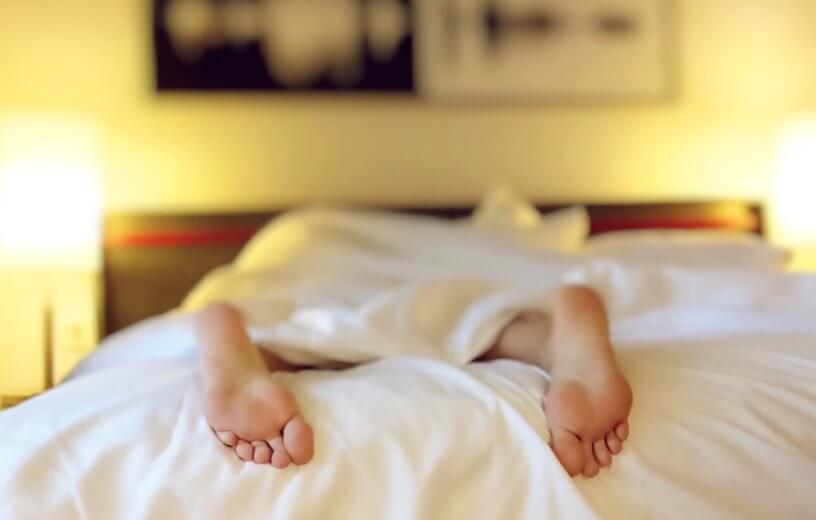AMES, Iowa — Here’s one way to ensure a happier day: hit the sack on time and get yourself a full night’s rest. So say the authors behind a new study that finds losing even a couple hours of sleep makes you angrier.
Researchers from Iowa State University say they are among the first, believe it or not, to prove causation behind what many of us probably have figured out already: our anger is worsened if we’re not well-rested.
“Despite typical tendencies to get somewhat used to irritating conditions — an uncomfortable shirt or a barking dog — sleep-restricted individuals actually showed a trend toward increased anger and distress, essentially reversing their ability to adapt to frustrating conditions over time. No one has shown this before,” says Zlatan Krizan, a professor of psychology at the university, in a news release.
For the study, the research team recruited 142 participants and split them up into two groups. One segment was asked to cut back on sleep by two to four hours a night for two nights in a row. The other group was told to maintain their usual sleep patterns, which averaged nearly seven hours per night. The sleep-restricted group averaged about four-and-a-half hours for the two-night period.
Participants were also asked to take part in an experiment in which they rated products while listening to white noise (such as the annoying sound of static “snow” on a television) or brown noise, which is much softer and more tolerable than white noise. Individuals took part in this task before beginning the sleep-restriction assignment, and each day after.
The results were clear: participants who lost sleep were far more irritated by the white noise than those who slept well.
“In general, anger was substantially higher for those who were sleep restricted,” notes Krizan. “We manipulated how annoying the noise was during the task and as expected, people reported more anger when the noise was more unpleasant. When sleep was restricted, people reported even more anger, regardless of the noise.”
The researchers also tested if subjective sleepiness, or how sleepy a person feels regardless of total time slept, plays a role in anger. They found that sleepiness accounted for half of the effect that sleep restriction had on anger, showing that one’s sense of sleepiness can also predict their chances of becoming angered.
Another study the team is working on focused on 200 college students who kept sleep diaries for a month and rated their level of anger each day. Preliminary results show that students showed more anger on the days after a rough night of sleep. They plan on using this data to also see if sleep loss is connected to aggression towards others.
The full study was published October 25, 2018 in the Journal of Experimental Psychology: General.
